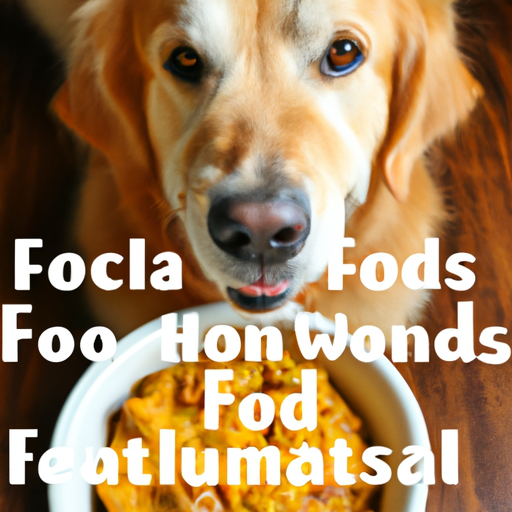As a pet parent, you’re always looking to do the best for your furry companion. One area that can sometimes be a bit grey, is the sharing of our own meals with our pets. Can dogs eat human food? If so, what foods are safe, and which should be avoided? This article will answer those questions for you and help you make informed decisions about your dog’s diet.
Human Food: Yes or No?
Firstly, it is important to note that dogs are not humans. Their digestive systems and nutritional needs are different from ours. While some human foods can be a nutritious addition to a dog’s diet, others can be harmful. Always consult with your vet before introducing new foods into your dog’s diet.
Fruits and Vegetables Dogs Can Eat
It might surprise you, but dogs can enjoy a variety of fruits and vegetables. Here are some you can safely give to your dog:
- Apples (remove seeds and core)
- Bananas
- Blueberries
- Carrots
- Cucumbers
- Green beans
- Peas
- Pumpkin
- Sweet potatoes
- Watermelon (remove seeds and rind)
These fruits and vegetables can provide your dog with a range of nutrients and are generally low in calories and fat.
Meats and Proteins Dogs Can Eat
Protein is an essential part of a dog’s diet. Here are some safe human sources:
- Cooked chicken
- Turkey (skinless and boneless)
- Fish (cooked and boneless)
- Eggs (cooked)
- Peanut butter (unsalted and without xylitol)
Remember, these should be cooked without any seasoning that could be harmful to your dog.
Foods Dogs Should Avoid
Not all human foods are safe for dogs. Here are some foods you should never feed your dog:
- Chocolate
- Coffee
- Grapes and raisins
- Onions and garlic
- Avocado
- Alcohol
- Xylitol (artificial sweetener)
These foods can be toxic to dogs and can cause a range of health issues from vomiting and diarrhea to more serious issues like kidney failure or death.
The Role of Portion Control
Even when feeding your dog safe human foods, portion control is key. Too much of anything can lead to obesity and other health problems. As a rule of thumb, treats (including human food treats) should make up no more than 10% of your dog’s daily calorie intake.
The Importance of Balanced Diet
While certain human foods can be a healthy addition to your dog’s diet, it’s crucial that your dog’s main diet is a balanced one, designed to meet their specific nutritional needs. This usually means a high-quality commercial dog food.
Frequently Asked Questions
Can I feed my dog only human food?
It’s generally not recommended to feed your dog only human food. While some human foods are safe for dogs, they may not provide all the nutrients your dog needs.
Is it okay to give my dog table scraps?
While some table scraps can be safe for dogs, others can be harmful. It’s best to avoid feeding your dog from the table to prevent begging behaviour and potential exposure to harmful foods.
How can I know if a food is safe for my dog?
Always do your research and consult with your vet before introducing new foods into your dog’s diet.
What should I do if my dog eats something harmful?
If your dog eats something harmful, contact your vet immediately. They can advise on next steps and may need to see your dog.
In conclusion, while some human foods can be a safe and healthy addition to your dog’s diet, it is crucial to know which foods are safe and which should be avoided. Always consult with your vet and remember that portion control and a balanced diet are key. Your dog’s health and well-being are worth the effort.



